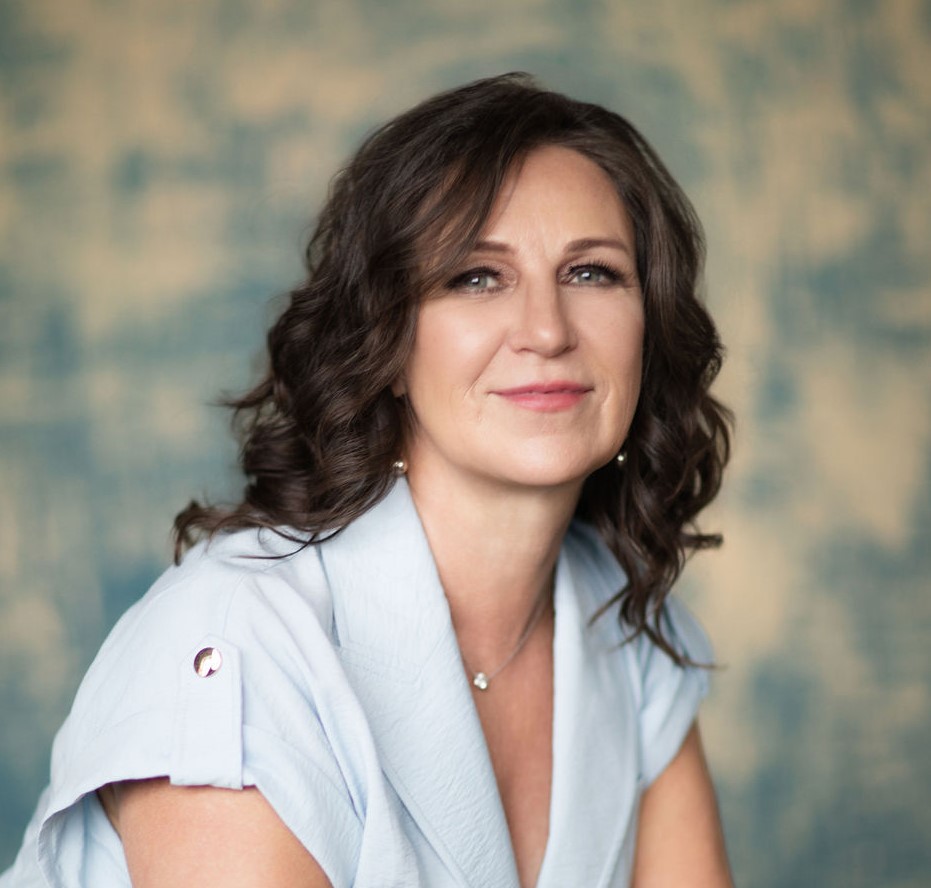Filing for divorce starts the legal process in your state. In some states, there are timing issues to take into account. In Tennessee, you can’t be divorced until 90 days after you’ve filed if you have children or own a home.
You’ve been served. What now?
It’s common for people to think that filing for divorce is the first step in a divorce.
It’s not. Or at least it doesn’t have to be.
Let’s back up a little and look at what filing means, when, and how you might do so.
Filing starts the clock ticking on the divorce process.
Filing for divorce starts the legal process in your state. In some states, there are timing issues to take into account. In Tennessee, you can’t be divorced until 90 days after you’ve filed if you have children or own a home.
In Illinois, there is no waiting period for an uncontested divorce.
You might want to start the process if you plan to have an out-of-court divorce, and it’s relatively uncomplicated – no children, few or no shared assets.
Keep in mind if a divorce is more complicated, it usually takes longer. There’s no telling how long it will be, but if you’ve filed and the process is dragging, you may incur legal fees to continue the filing you wouldn’t if the process hadn’t been started. The clock ticking isn’t just on time. It can be racking up professional fees.
If you’re leaving an abusive relationship, filing might provide the level of protection and distance you need.
Surprising your spouse by serving divorce papers may negatively impact the rest of your process.
Getting served can be challenging, even more so if it feels like it’s out of the blue. When someone doesn’t expect to be handed divorce papers, and they are, it’s not likely to instill a “let’s work through this together with respect” kind of response.
Before you file, consider whether it’s necessary at the time and consider what you want the outcome to be.
In a dangerous situation? File. Find an attorney to advise you immediately on how to best protect yourself, your children, and your assets.
In a potentially amicable divorce situation? You probably don’t need to file and surprise your spouse; you can decide together what makes the most sense for your process while you’re in the process.
What if you’ve been served divorce papers?
1. Don’t panic.
3. Put together your team.
It can “take a village.” In my experience, the divorce process works best when the right professionals are working as your team in your best interest. Look at it this way, do you want to pay your divorce attorney $500 per hour to act as a therapist? Do you want to get financial advice and scenarios from someone trained in the legal system? Are you better off determining the style of divorce you’d like to pursue talking to a family law litigator if you think you may want to mediate your divorce?
I’ve put together a list of questions for my clients to use as guides for interviewing professionals they’d like to work with. Doing this, in the beginning, can help level set and save frustration and fees as you move forward.
4. Self-care is a necessity. It’s not indulgent, and it’s not optional.
Even if it’s just taking time to listen to a podcast or walk around the block, you’re going to be making life-altering decisions through this process. Being in high-stress flight or fight mode might be inevitable, at least some of the time. Being able to lessen that impact on your mental, emotional and physical health will allow you to make better decisions and be present for others who might be impacted by the divorce (children).
5. Consider keeping communication lines open with your spouse.
You might have been shocked by being served, but it might help you better, in the long run, to get beyond that and try to keep communication open with your spouse. When all of the communication goes through attorneys, things can get lost in translation (think of the game of telephone).
Sometimes things you could settle between the two of you become significant issues when they’re handed over to attorneys, costing you more money and goodwill than they need to.
Take Control of Your Future
When you consider divorce, or if you know someone who is contemplating divorce, one of the biggest realities for those in the divorce process is the financial settlement and financial analysis post-divorce. Get the assistance of Brenda Bridges, a Mediator, Certified Divorce Financial Analyst® (CDFA®), RICP® Retirement Income Certified Professional, and Certified Divorce Coach.
Brenda provides step-by-step guidance on matters related to divorce. With a wide range of experience and expertise related to divorce issues, Brenda will simplify the process and provide much-needed clarity in areas such as long-term tax consequences, asset, and debt analysis, dividing pension plans, continued health care coverage, stock option elections, protecting support with life insurance, and much more.
Schedule Your FREE Discovery Call Today!
Divorce coaching and educational services provided through Bridging Divorce Solutions, LLC. Bridging Divorce Solutions, LLC is not affiliated with Cambridge. Examples are hypothetical and for illustrative purposes only.


Brenda Bridges
Mediator, MAT, RICP®, CDFA®, CDC®









